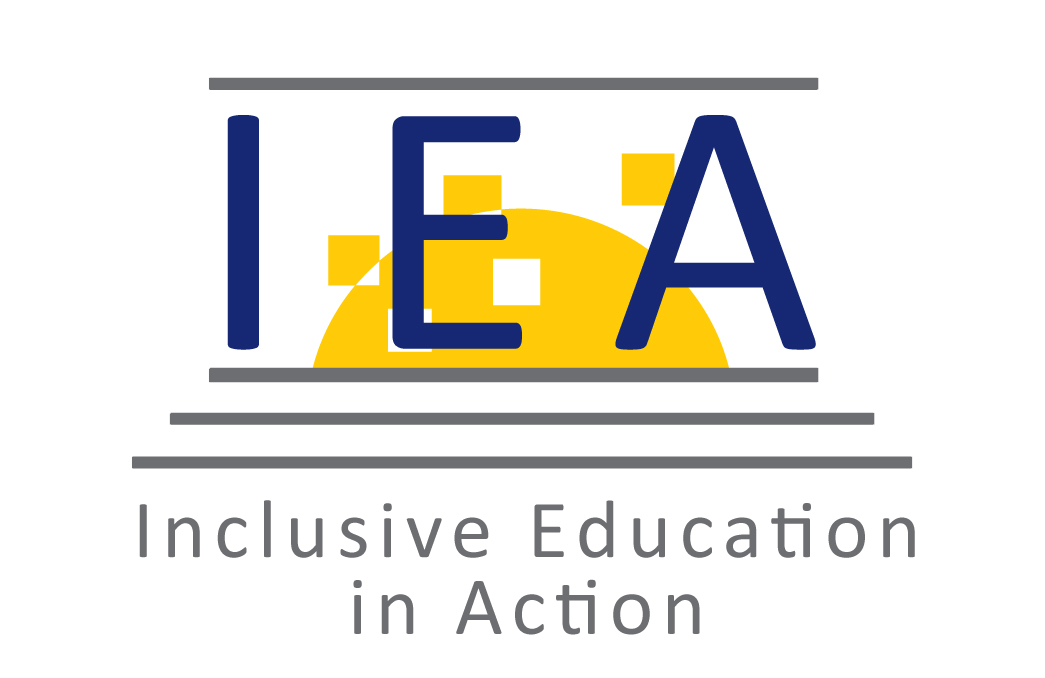The United Nations Educational, Scientific and Cultural Organization (UNESCO) has published a new report entitled ‘Towards inclusion in education: Status, trends and challenges’. The report examines the developments in inclusive education since the Salamanca Statement and Framework for Action on Special Needs Education in 1994. It includes contributions from Agency staff and other education specialists from around the world to provide a detailed exploration of inclusive education over the last 25 years.
The Salamanca Statement, and the World Conference on Special Needs Education that led to its creation, encouraged many countries to rethink their education policies to include more learners with disabilities and other special needs in education. The new report summarises many of the efforts made over the last 25 years to try to give all learners access to a high-quality education. This summary includes positive initiatives, including initiatives from the Agency, alongside many of the challenges that have been and are still faced.
The report looks in detail at the current situation for inclusive education across the world. It outlines recent policies and initiatives, such as the Education 2030 Framework for Action, Sustainable Development Goal (SDG) 4 and the Cali Commitment to equity and inclusion in education. Success stories and examples of good practice for inclusive education include cases from the Inclusive Education in Action (IEA) website, produced by the Agency in collaboration with UNESCO. The IEA website contains a collection of case studies which can support stakeholders to develop inclusive education policies and practices. The report also provides a list of relevant resources to support inclusive education, including the Agency’s Raising the Achievement of all Learners in Inclusive Education project.
Finally, the report looks to the future and provides six recommended actions to ensure continued developments and improvements in inclusive education. These include actions for policy-makers, school leaders, teachers, learners and other stakeholders to promote more effective use of resources within education systems. These actions present a means to achieving the aims of SDG 4, to ‘ensure inclusive and equitable quality education and promote lifelong learning opportunities for all’.
To read the report in full, visit the UNESCO website.

